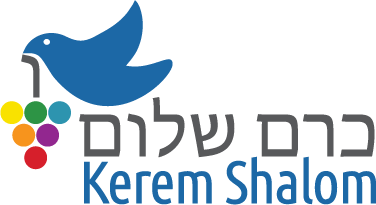*Days of Awe/High Holy Days

Sunday, September 22, 2024, 10:30 am, (In-person Only)
Wednesday, September 25, 2024, 6:30 pm, (Online Only)
Monday, September 30, 2024, 6:30 pm, (Online Only)
For KS Members Only
REGISTER HERE (for Zoom)
RSVP by September 16, 2024
The month of Elul on the Hebrew calendar begins at sundown on Tuesday, September 3rd with Rosh Hodesh Elul, and continues through to Rosh HaShannah and the first of Tishrei at sundown on Wed October 2nd.
Throughout this month of Elul, it is our task to be engaged in a process of deep, introspection and reflection on who we have been over the past year, and who we want to become during the upcoming year. Jewish tradition refers to this process as “Teshuvah.” “Teshuvah” is also understood as “return.” Ideally, at this time of year, we are returning to the core of who we are, and returning to the path of living in accordance with our highest values and aspirations for who we want to be and how we want to be in this world.
For many people Teshuvah is also understood as a return to Gd, or to living on a path in accordance with Gd’s will. The liturgy of the High Holy Days in particular is replete with personified metaphors for the Divine as a King, as a Judge, as a discerner, and so on. We are also taught that during the month of Elul Gd is “closer” to us and even more accessible.
I am deeply aware that for many folks at Kerem Shalom, this particular metaphor and concept of Gd is an impediment to spiritually accessing many of the lessons, teachings, stories and prayers of not only Elul and the High Holy Days, but also of Jewish life, ritual, and wisdom all year round.
We are so fortunate that my colleague and friend Rabbi Toba Spitzer has published a book called GOD IS HERE – Reimagining the Divine. In this work, Spitzer examines how metaphors function in our cognition and then examines a few of the numerous metaphors for Gd in the Torah and in Jewish textual tradition. In this examination Spitzer hopes to help us bridge the gap between the powerful and relevant teachings of Judaism and our own hesitations and reservations about ideas of Gd.
My hope is that by exploring this work together we will create a path for ourselves to an even deeper, and more meaningful experience of Elul, of the Days of Awe, and of the entire year cycle beyond.
